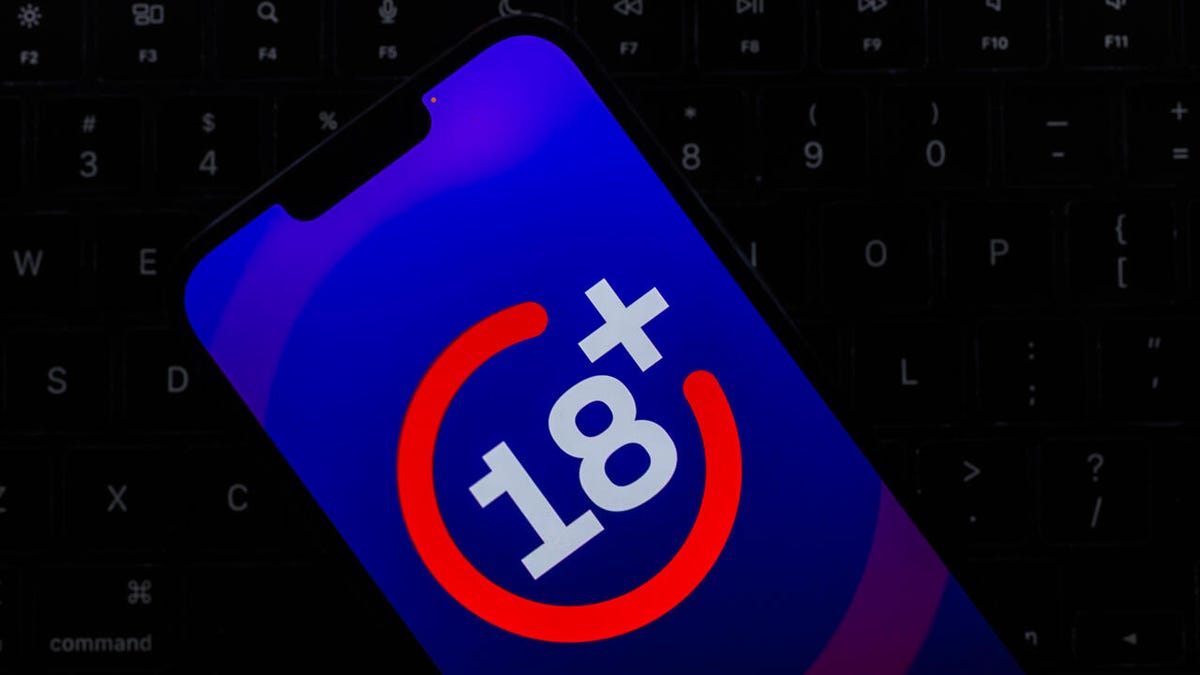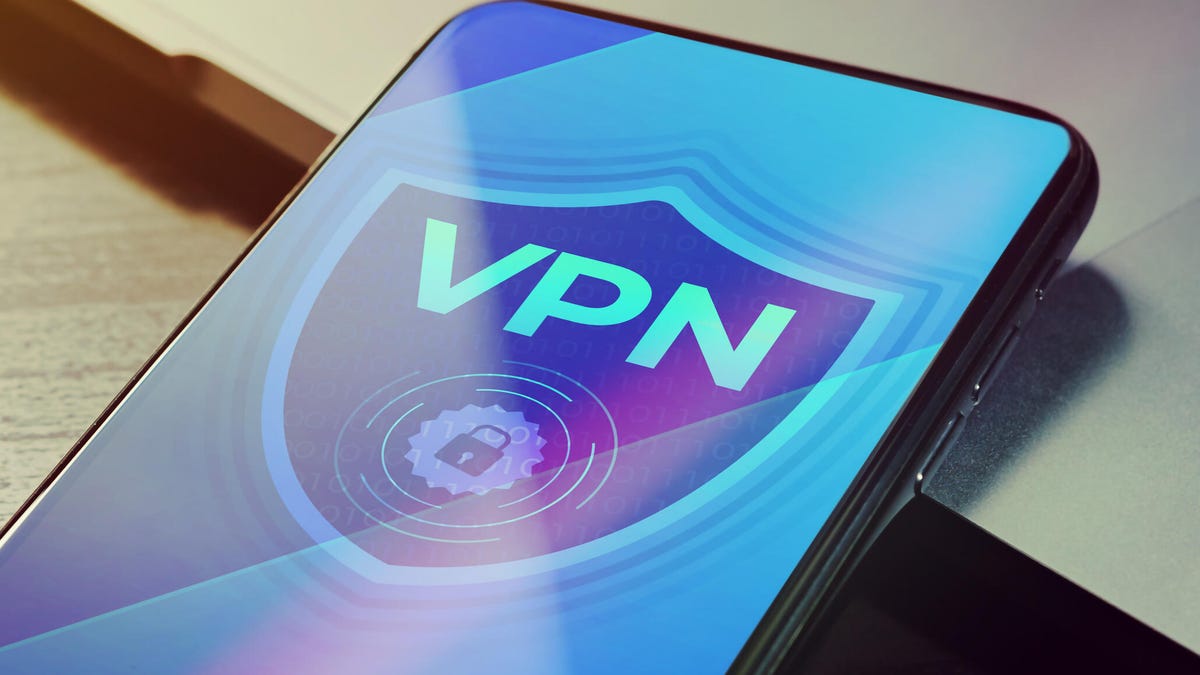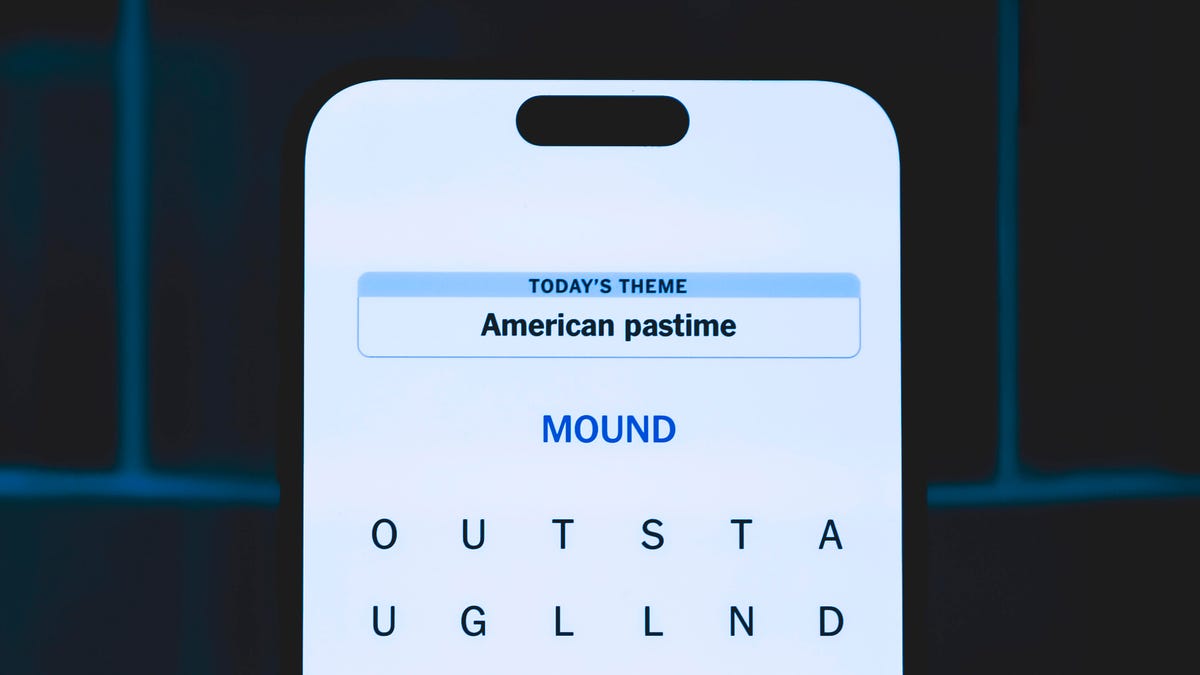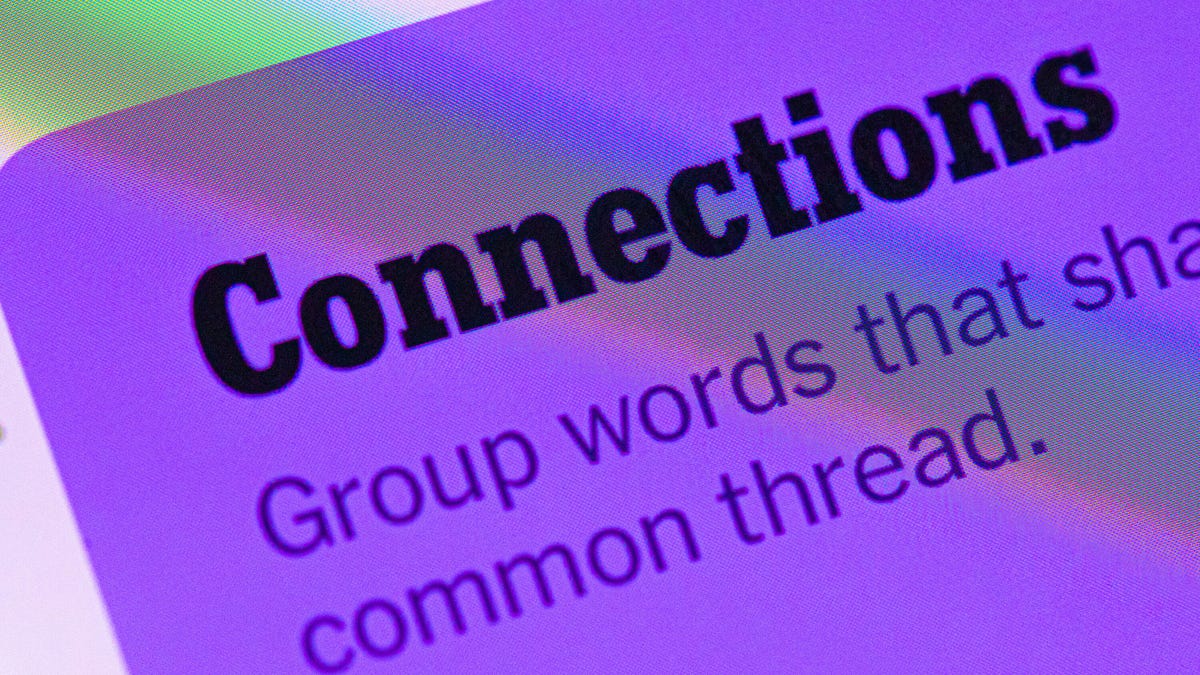Technologies
Welcome to the Era of Online Age Verification. Are You Ready to Identify Yourself?
The introduction of the UK’s Online Safety Act marks a shift in internet culture, the ripples of which are already being felt around the world.

Last Thursday morning I woke up to find I no longer had access to my messages on social network Bluesky. «You must complete age assurance in order to access this screen,» a pop-up notification told me.
It went on to say the local laws where I live mean that I need to verify I’m an adult to view mature content or send direct messages. I’m based in the UK, and the law Bluesky was referring to is the Online Safety Act, which came into force on Friday.
This piece of legislation requires web companies to ensure that people under the age of 18 don’t have access to harmful content, including porn and material relating to self-harm, suicide and eating disorders. If sites choose to allow this content, they must verify the ages of people using their platforms to confirm that they’re adults. Failure to do so could result in fines of £18 million or 10% of annual revenue, whichever is greater.
«Prioritising clicks and engagement over children’s online safety will no longer be tolerated in the UK,» Melanie Dawes, chief executive of regulator Ofcom, said in a statement. «Our message to tech firms is clear — comply with age-checks and other protection measures set out in our Codes, or face the consequences.»
Over the past few days, free VPNs shot to the top of the UK App Store charts as people have looked for ways to bypass the requirement to verify their ages. It should be noted that using free VPNs comes with it own set of risks, and isn’t recommended by online security experts.
The Online Safety Act might be a UK-specific law, but it affects companies based in the US and around the world, including Bluesky, Reddit, Discord, X, Porn Hub and Grindr — all of which have committed to «age-gating» features to protect young people from stumbling across harmful content.
It’s also emblematic of a bigger shift in internet culture, which is seeing age verification become a mainstream concern across the world. Increasingly, adults who want to keep accessing internet services, from mainstream social networks to porn sites, will have to prove their age. In other words, expect my Bluesky experience to be coming to the internet near you soon.
Earlier this month, the European Commission published an age verification app prototype that will help keep young people safe online in accordance with the EU’s Digital Services Act. We’re also starting to see the ripple effect in the US of the legislation the UK and EU have enacted, says Vaishnavi J, founder of online child safety consultancy Vys. Just last month, the US Supreme Court upheld a Texas law requiring porn sites to verify the age of all visitors.
«State laws, advocacy campaigns, and growing parental demand in the US are all converging around the need for age assurance,» said J, who previously worked in the policy teams at Meta and Twitter. «Combine that with rapid advances in the tech ecosystem, and it’s no longer a question of if the US adopts age verification, but how and when.»
Safety vs. privacy
The Wild West nature of the internet and the ability to be largely anonymous often blurs the lines between spaces occupied by children and adults in a way that doesn’t happen in the offline world. This means children are often exposed to content many would consider inappropriate or harmful. According to Ofcom’s own research, around 1 in 10 children in the UK between the ages of 8 and 14 have watched online pornography — an activity the new age verification rules are designed to prevent.
Making the internet safer for children might be necessary and admirable, but age verification policies have also come under fire from digital rights and privacy groups.
I’ve been covering the UK’s attempts to bring in age verification since 2016. The government at the time decided it was too difficult and ultimately decided not to push ahead with plans aimed at age-gating porn sites in 2019.
The main objection to the legislation was the same then as it is now. Asking people to share their government-issued identification with private companies poses a threat to their privacy.
«The British public is being forced to hand over sensitive personal data to unregulated age assurance providers if they want to have full access to platforms such as Reddit and Bluesky or to use dating apps such as Grindr,» said James Baker, head of programming at Open Rights Group, in a statement ahead of the Online Safety Act coming into force.
«The threats and harms of phishing and hacking are very real, and will cause people online harms,» he added.
Open Rights Group also criticized the fact that people aren’t being given the right to choose how they verify their age. A number of verification methods exist, including age estimation via video selfie (a method gaming platform Roblox announced it was introducing last week), banking or credit card checks, third-party digital ID services, mobile carrier checks or photo ID matching. It’s up to the individual service which method they want to adopt, which could leave people vulnerable to problematic privacy policies.
As with many internet rules, there’s always some level of tradeoff involved when making the online world safe. In many ways, the idea of age verification is «common sense,» Mariana Olaizola Rosenblat, tech policy adviser at NYU’s Stern Business School, wrote in a blog post this week. At the same time, she added, depending on regulations and methods chosen, age verification can introduce serious privacy, security and access risks.
«In some cases, the systems employed are so flawed that they fail to protect minors while also excluding adults who should have lawful access,» said Rosenblat. «Policymakers must understand and carefully weigh these tradeoffs before mandating age verification at scale.»
Many critics of age verification have also argued that verification will be ineffective due to the wide availability of VPNs and teens’ ability to circumvent any rules attempting to limit their internet use.
Whether age verification is truly effective at keeping kids safe online is a question that can only be answered as the Online Safety Act and similar legislation comes into force. In the meantime, I — and possibly you — will need to be prepared to prove our identities and our ages if we’re to continue using the internet in the way we’ve become accustomed to using it.
Technologies
Wisconsin Reverses Decision to Ban VPNs in Age-Verification Bill
The law would have required websites to block VPN users from accessing «harmful material.»

Following a wave of criticism, Wisconsin lawmakers have decided not to include a ban on VPN services in their age-verification law, making its way through the state legislature.
Wisconsin Senate Bill 130 (and its sister Assembly Bill 105), introduced in March 2025, aims to prohibit businesses from «publishing or distributing material harmful to minors» unless there is a reasonable «method to verify the age of individuals attempting to access the website.»
One provision would have required businesses to bar people from accessing their sites via «a virtual private network system or virtual private network provider.»
A VPN lets you access the internet via an encrypted connection, enabling you to bypass firewalls and unblock geographically restricted websites and streaming content. While using a VPN, your IP address and physical location are masked, and your internet service provider doesn’t know which websites you visit.
Wisconsin state Sen. Van Wanggaard moved to delete that provision in the legislation, thereby releasing VPNs from any liability. The state assembly agreed to remove the VPN ban, and the bill now awaits Wisconsin Governor Tony Evers’s signature.
Rindala Alajaji, associate director of state affairs at the digital freedom nonprofit Electronic Frontier Foundation, says Wisconsin’s U-turn is «great news.»
«This shows the power of public advocacy and pushback,» Alajaji says. «Politicians heard the VPN users who shared their worries and fears, and the experts who explained how the ban wouldn’t work.»
Earlier this week, the EFF had written an open letter arguing that the draft laws did not «meaningfully advance the goal of keeping young people safe online.» The EFF said that blocking VPNs would harm many groups that rely on that software for private and secure internet connections, including «businesses, universities, journalists and ordinary citizens,» and that «many law enforcement professionals, veterans and small business owners rely on VPNs to safely use the internet.»
More from CNET: Best VPN Service for 2026: VPNs Tested by Our Experts
VPNs can also help you get around age-verification laws — for instance, if you live in a state or country that requires age verification to access certain material, you can use a VPN to make it look like you live elsewhere, thereby gaining access to that material. As age-restriction laws increase around the US, VPN use has also increased. However, many people are using free VPNs, which are fertile ground for cybercriminals.
In its letter to Wisconsin lawmakers prior to the reversal, the EFF argued that it is «unworkable» to require websites to block VPN users from accessing adult content. The EFF said such sites cannot «reliably determine» where a VPN customer lives — it could be any US state or even other countries.
«As a result, covered websites would face an impossible choice: either block all VPN users everywhere, disrupting access for millions of people nationwide, or cease offering services in Wisconsin altogether,» the EFF wrote.
Wisconsin is not the only state to consider VPN bans to prevent access to adult material. Last year, Michigan introduced the Anticorruption of Public Morals Act, which would ban all use of VPNs. If passed, it would force ISPs to detect and block VPN usage and also ban the sale of VPNs in the state. Fines could reach $500,000.
Technologies
Today’s NYT Strands Hints, Answers and Help for Feb. 21 #720
Here are hints and answers for the NYT Strands puzzle for Feb. 21, No. 720.

Looking for the most recent Strands answer? Click here for our daily Strands hints, as well as our daily answers and hints for The New York Times Mini Crossword, Wordle, Connections and Connections: Sports Edition puzzles.
Today’s NYT Strands puzzle might be easy for those who pursue a certain hobby. Some of the answers are difficult to unscramble, so if you need hints and answers, read on.
I go into depth about the rules for Strands in this story.
If you’re looking for today’s Wordle, Connections and Mini Crossword answers, you can visit CNET’s NYT puzzle hints page.
Read more: NYT Connections Turns 1: These Are the 5 Toughest Puzzles So Far
Hint for today’s Strands puzzle
Today’s Strands theme is: The beer necessities.
If that doesn’t help you, here’s a clue: Cheers!
Clue words to unlock in-game hints
Your goal is to find hidden words that fit the puzzle’s theme. If you’re stuck, find any words you can. Every time you find three words of four letters or more, Strands will reveal one of the theme words. These are the words I used to get those hints but any words of four or more letters that you find will work:
- MALE, TREAT, STEAM, TEAM, MOVE, LOVE, ROVE, ROVER, SPEAR, PEAR
Answers for today’s Strands puzzle
These are the answers that tie into the theme. The goal of the puzzle is to find them all, including the spangram, a theme word that reaches from one side of the puzzle to the other. When you have all of them (I originally thought there were always eight but learned that the number can vary), every letter on the board will be used. Here are the nonspangram answers:
- HOPS, WATER, MALT, YEAST, BARLEY, SUGAR, WHEAT, FLAVOR
Today’s Strands spangram
Today’s Strands spangram is HOMEBREW. To find it, start with the H that’s three letters to the right on the top row, and wind down.
Technologies
Today’s NYT Connections Hints, Answers and Help for Feb. 21, #986
Here are some hints and the answers for the NYT Connections puzzle for Feb. 21 #986.

Looking for the most recent Connections answers? Click here for today’s Connections hints, as well as our daily answers and hints for The New York Times Mini Crossword, Wordle, Connections: Sports Edition and Strands puzzles.
Today’s NYT Connections puzzle features another of those purple categories where you need to look for hidden words inside of other words. It can be a real stumper. Read on for clues and today’s Connections answers.
The Times has a Connections Bot, like the one for Wordle. Go there after you play to receive a numeric score and to have the program analyze your answers. Players who are registered with the Times Games section can now nerd out by following their progress, including the number of puzzles completed, win rate, number of times they nabbed a perfect score and their win streak.
Read more: Hints, Tips and Strategies to Help You Win at NYT Connections Every Time
Hints for today’s Connections groups
Here are four hints for the groupings in today’s Connections puzzle, ranked from the easiest yellow group to the tough (and sometimes bizarre) purple group.
Yellow group hint: Rookies don’t have this.
Green group hint: Call the roll.
Blue group hint: How’d you do today?
Purple group hint: Vroom-vroom, but with a twist.
Answers for today’s Connections groups
Yellow group: Experience.
Green group: Attendance status.
Blue group: Commentary about your Connections results.
Purple group: Car brands plus two letters.
Read more: Wordle Cheat Sheet: Here Are the Most Popular Letters Used in English Words
What are today’s Connections answers?
The yellow words in today’s Connections
The theme is experience. The four answers are background, history, life and past.
The green words in today’s Connections
The theme is attendance status. The four answers are absent, excused, late and present.
The blue words in today’s Connections
The theme is commentary about your Connections results. The four answers are great, perfect, phew and solid.
The purple words in today’s Connections
The theme is car brands plus two letters. The four answers are audits (Audi), Dodgers (Dodge), Infinitive (Infiniti) and Minion (Mini).
-

 Technologies3 года ago
Technologies3 года agoTech Companies Need to Be Held Accountable for Security, Experts Say
-

 Technologies3 года ago
Technologies3 года agoBest Handheld Game Console in 2023
-

 Technologies3 года ago
Technologies3 года agoTighten Up Your VR Game With the Best Head Straps for Quest 2
-

 Technologies4 года ago
Technologies4 года agoBlack Friday 2021: The best deals on TVs, headphones, kitchenware, and more
-

 Technologies5 лет ago
Technologies5 лет agoGoogle to require vaccinations as Silicon Valley rethinks return-to-office policies
-

 Technologies5 лет ago
Technologies5 лет agoVerum, Wickr and Threema: next generation secured messengers
-

 Technologies4 года ago
Technologies4 года agoOlivia Harlan Dekker for Verum Messenger
-

 Technologies4 года ago
Technologies4 года agoiPhone 13 event: How to watch Apple’s big announcement tomorrow
